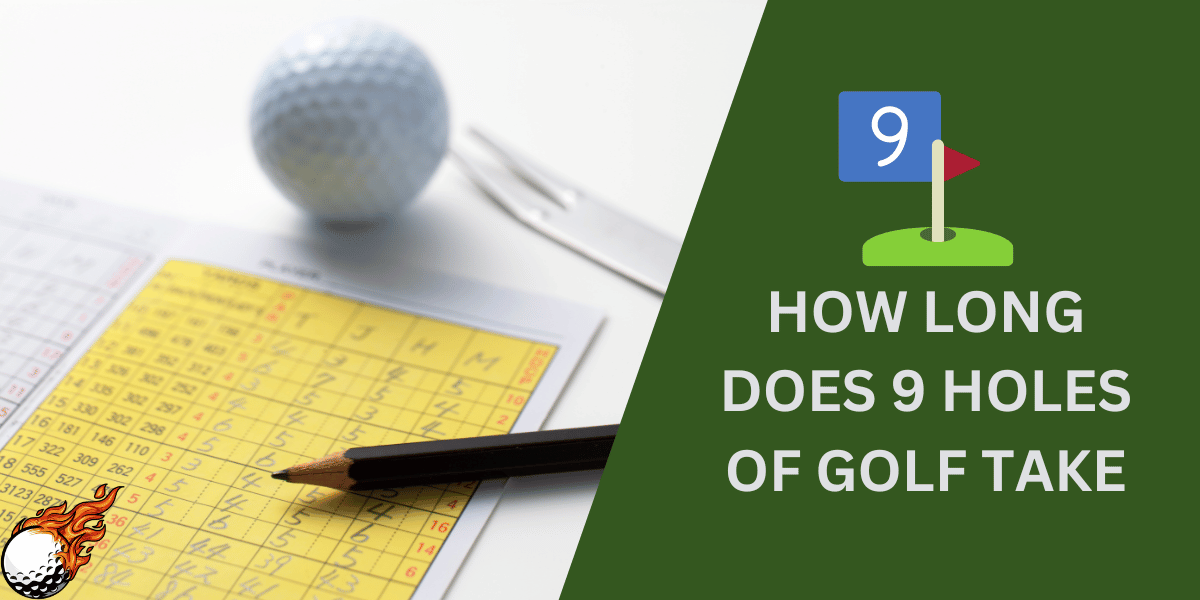
Have you ever thought about how much those little white golf balls weigh?
It might seem silly, but golf ball weight is surprisingly significant!
There are strict golf ball regulations about weight.
Too heavy or too light, and your golf shots could go all wrong.
A lighter ball might fly further, but ball weight also affects ball speed and flight.
Want to hit the ball like a pro?
Understanding how golf ball weight works is critical.
The right ball weight can make or break your game from the tee box to the green.
Golf balls might look simple, but there are strict rules about weight. They can’t weigh more than 1.620 ounces (45.93 grams).
This weight limit is essential to keep the game fair and ensure that ball weight predictably impacts shots for everyone.
Rules and Regulations
Think of golf as a game with a strict dress code. Your golf balls have one, too, and there are official rules about how much they can weigh.
The powers-that-be (the USGA and R&A, big names in golf) say a golf ball can’t weigh more than 1.620 ounces. They also have a minimum weight, so balls can’t be rigid.
Why all the fuss? Well, weight makes a difference to your golf shot. Heavier balls usually fly farther, and lighter golf balls might go less distance but sometimes offer more lift.
Imagine those deeper dimples on some golf balls – they can help with that lift. Some balls have a softer feel, which lots of players like.

These weight rules help keep the game fair for everyone. It wouldn’t if high handicappers used super-light balls to blast them down the course!
A note about size
It’s not about weight; there are rules about how big a golf ball can be, which affects how it flies through the air.
So, what does this mean for golfers?
- Distance: A heavier ball might help you get those extra yards off the tee.
- Swing: A slightly lighter golf ball could be better suited if your swing isn’t super powerful.
- Control: Ball weight can affect how much your shot spins or how it rolls once it hits the greens.
- Feel: Some golfers just prefer how a heavier or lighter ball feels when they’re hithey’ret – that’s impthat’s too!

No matter your skill level, the materials your golf ball is made from can impact distance, spin, and even how it feels on impact! Picking the right ball can give your game a real boost.
Why Golf Ball Weight is Crucial
Think of your golf ball as a tiny airplane. Its weight is super important for how well it flies! HeHere’shy:
- Distance: A heavier ball is like a giant plane – it packs more power. It can cut through the air better (less drag!) and fly farther if you hit it right. That’s awesome for those long shots!
- Ball flight: Weight can change how high or low your ball flies. A lighter ball might get more lift, which is excellent if you need to clear an obstacle. Heavier balls might fly lower, which is helpful in windy conditions.
- Feel: When you hit the ball, does it feel solid or mushy? Heavier balls usually feel firmer, and some golfers prefer that.

What about the other stuff?
- Spin: Weight is one thing, but the material your ball is made of also affects how much spin it generates. More spin can help you shape your shots and get the ball to stop quickly on the greens.
- The Roll: Once your ball lands, weight can still matter. Depending on the course conditions, a heavier ball might roll a bit further.
Bottom line: The perfect golf ball weight depends on how you play. Fast swing? A heavier ball might suit you. Slower swing and a high handicapper? Maybe something lighter is better. It’s all about finding what works for your game!
How Does Weight Affect Specific Shots
Okay, we know weight matters, but how does it change things for each type of shot? Lets break it down:

- Driver: It’s time to blast one off the tee! A heavier ball could take you further, especially if you have a mighty swing. But remember, weight isn’t everything—how your driver club connects with the ball matters, too.
- Irons: Control is the name of the game with your irons. A carefully chosen ball weight can give you the right flight to hit your target.
Do you need to get the ball up high? A lighter ball might help. If you are facing the wind or want to keep the ball low, a heavier ball could be your friend. - Wedges: Is it getting tricky around the green? Ball weight makes a difference here. A heavier ball could be the answer if you prefer a firm feel on your chip shots.
However, the material of the ball also impacts how your wedge shots will react on the greens. - Putting: Honestly, putting is more about personal preference. Some golfers like the solid feel of a heavier ball, while others find a lighter ball easier to control. Whatever helps you sink those putts!
Remember: Every golfer is different. What works for your buddy might not work for you. That’s why figuring out how ball weight affects your specific shots is critical!
Fun Facts About Golf Ball Weight
Ready for some mind-blowing golf ball triLet’sLet’s diver’s

- It’s Not Just About Size: We’ve been talking about how much a golf ball weighs, but there are rules about how big they can be, too! This combo of size and weight makes sure the game stays fair.
- Blast from the Past: Forget those fancy golf balls you use today! Back then, golf balls were called “led “feat” ers” and stuffed with feathers. Those balls could weigh all sorts of different amounts!
- Heavy vs. Light: Golf balls that follow the rules don’t vary in weight. But even a tiny change can affect distance and ball flight.
- Not All Golf Balls Are Created Equal: Even golf balls of the same model from the same box might have teeny-tiny weight differences. Pro golfers get picky about this, but it’s no big deal for regular players.
Bonus Tip: If you are a handicapper (which means you are learning—we all start somewhere!), a slightly lighter golf ball might help. Experiment and see what makes your game feel the best!
Conclusion
So, even though golf balls seem simple, their weight is much more important than you might think! It affects how far the ball flies, how it reacts in the air, and even how it feels when you hit it.

Next time you step up to play, remember those rules and think about how the ball’s weight might change your shots.
And don’t be afraid to try different ball weights to see which helps you play your best game.
Who knows, paying attention to your golf ball weight could help you lower your score by a few strokes!
Have you ever wondered about how much those little golf balls weigh? Maybe now you’ll give it some extra thought!
Frequently Asked Questions
Why does golf ball weight matter?
Golf ball weight influences distance, flight path (trajectory), and the feel of the impact. Heavier balls often fly further with a lower trajectory, while lighter balls may get more height and less distance.
What is the ideal golf ball weight for beginners?
Beginners often benefit from slightly lighter golf balls. This helps create a higher trajectory and can add a bit of distance for players with slower swing speeds.
Do professional golfers use heavier golf balls?
Many pro golfers opt for heavier balls as they can handle the weight and gain control and distance benefits. This isn’t a hard rule, though – personal preference for feel plays a role too!
Can a heavier golf ball help you hit straighter?
A heavier ball won’t magically fix your swing, but it can potentially help. Less air resistance with a heavier ball might make it less likely to curve off your intended target line.
How much does a golf ball’s weight vary?
Golf balls that conform to the rules must stay within a small weight range. You might notice tiny differences between balls, but not massive ones that will drastically change your game.













